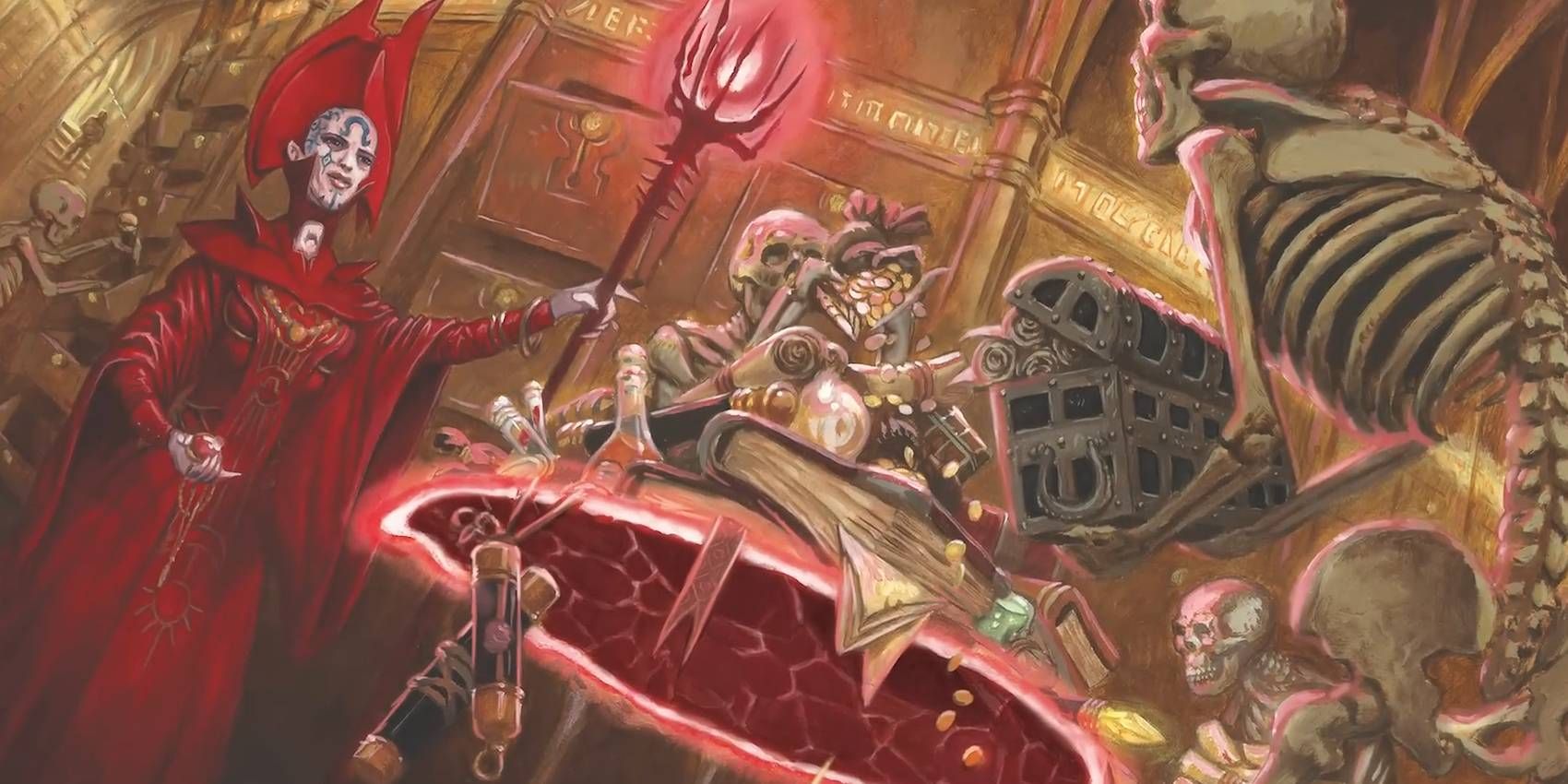
Okay, so as a D&D player, I’ve noticed that sometimes the way a campaign starts can feel a little… predictable. You know, the classic ‘rescue the princess’ or ‘clear out the goblin cave’ stuff. And honestly, if the initial hook isn’t great, our party can end up feeling a bit lost and just wandering around. But when the DM throws us a curveball – something totally unexpected – that’s when things really get exciting. A surprising plot twist can completely pull you in and make you genuinely care about what happens next. It’s all about keeping us engaged!
Creating engaging storylines in Dungeons & Dragons can be challenging for both new and experienced Dungeon Masters, as players all have different interests. The key to a great story is understanding what your players enjoy. However, you don’t need complicated, character-focused plots to create a collaborative experience—focusing on universally appealing ideas can be very effective.
Homeland Under Attack
Give Players Instant Motivation To Defend Something Precious
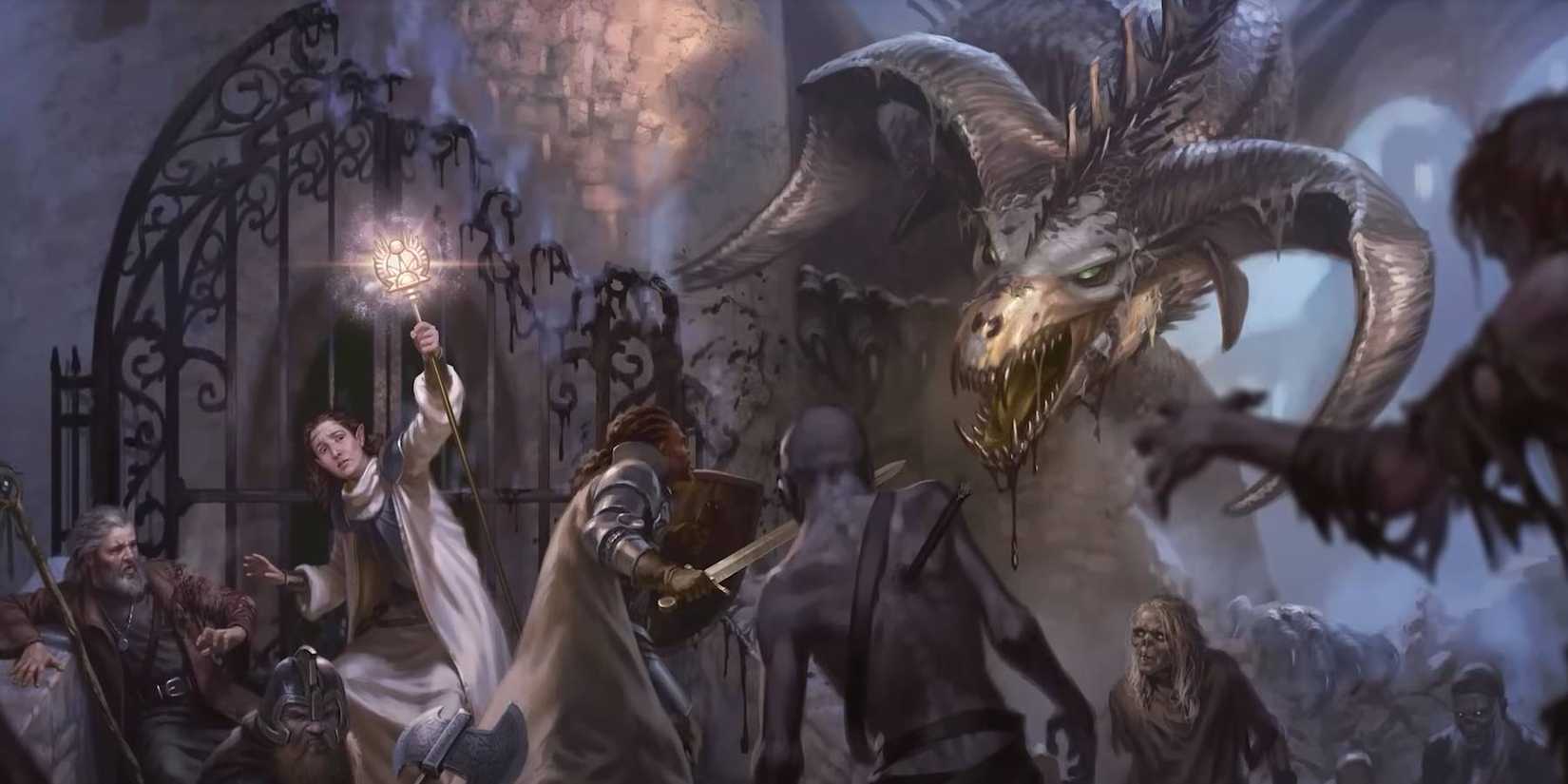
A simple way to start an adventure is to immediately put something the players care about in danger. For instance, imagine an undead army, commanded by a crazed necromancer, attacking a character’s hometown – where their parents happen to live. This quickly motivates the party to get involved, especially if there are multiple locations, people, or things worth protecting in the area.
This concept is flexible and can work for campaigns of any size. The setting – the characters’ home – could be a whole country or just a single city. Similarly, the dangers faced can range from huge monsters to smaller schemes like a plot to take over a peaceful kingdom.
Mysterious Events Demand Answers
Create Intrigue Through Multiple Clues
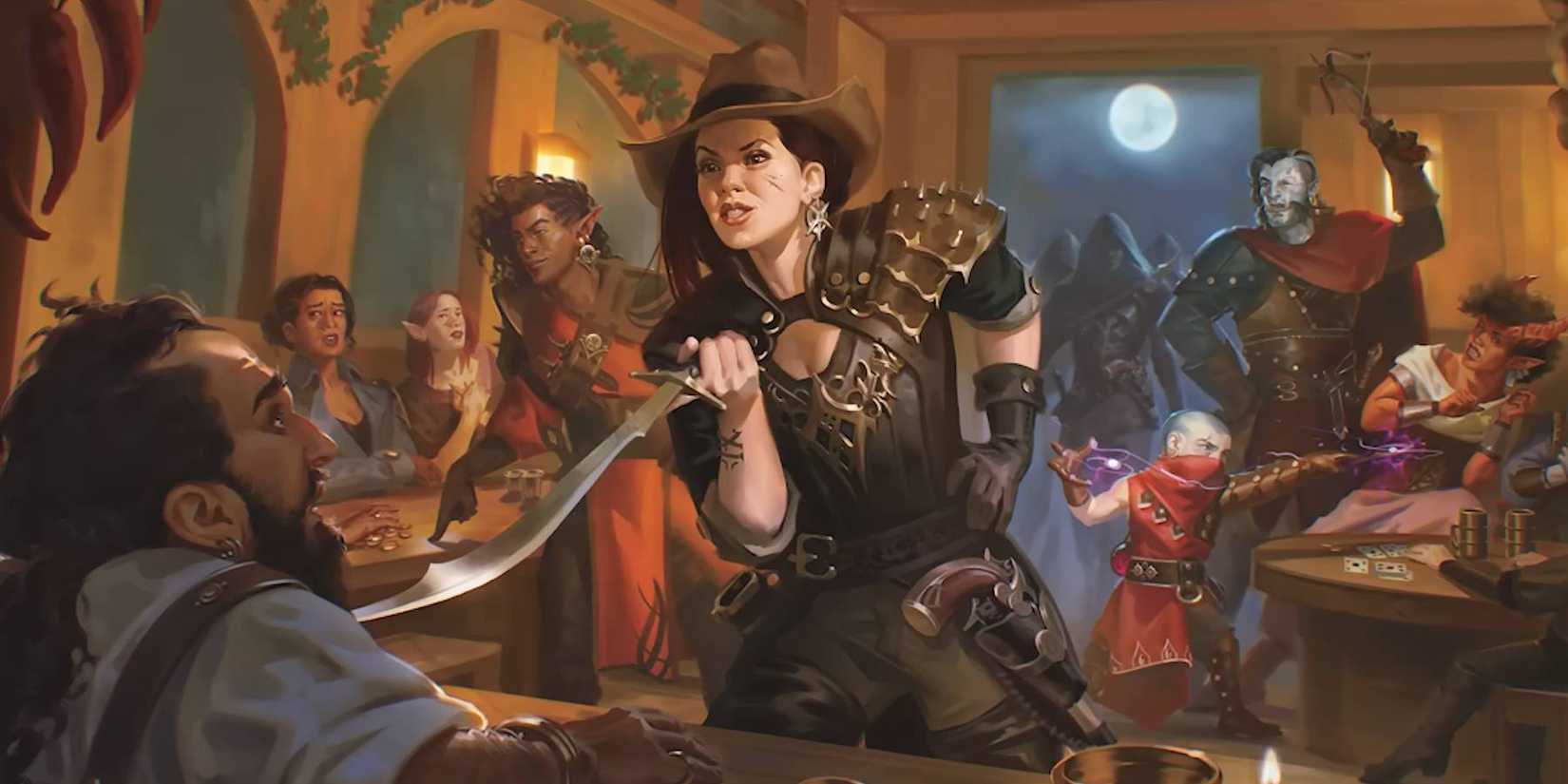
D&D players love complex mysteries, but the most effective ones to kick off an adventure usually begin with a straightforward problem. For example, a new murder by a known killer, a string of robberies targeting local nobles, or a strange magical occurrence affecting a town could all be excellent starting points for a compelling story.
If a mystery immediately grabs the players’ attention, they’ll likely want to start investigating. Offering a reward – whether it’s money, fame, or something else – makes that initial interest even stronger and gives them a reason to keep going.
Reclaim Reputation Through A Second Chance
New Opportunities For Glory
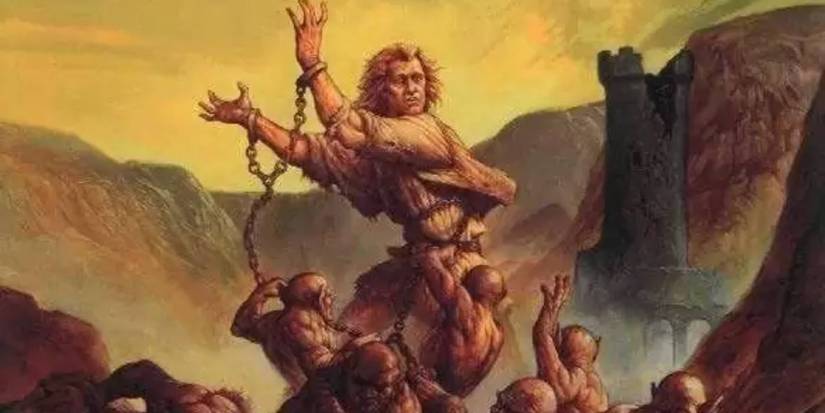
It’s true that Dungeons & Dragons parties often find themselves in trouble, frequently breaking laws and causing chaos – sometimes leading to arrest. But instead of seeing this as a setback, a skilled Dungeon Master can turn it into a new adventure. Certain characters might even be interested in the party’s troublemaking, especially if it’s damaged their reputation.
Starting an adventure with player characters who have fallen from grace and giving them a chance to redeem themselves is a fantastic way to begin. This “second chance” could even be a result of their earlier defiance – perhaps their rebellious act, while damaging their reputation, ultimately sparked a positive change and inspired others to fight against evil.
Someone Promises Everything… For A Price
Sacrifice Makes For Great Moments
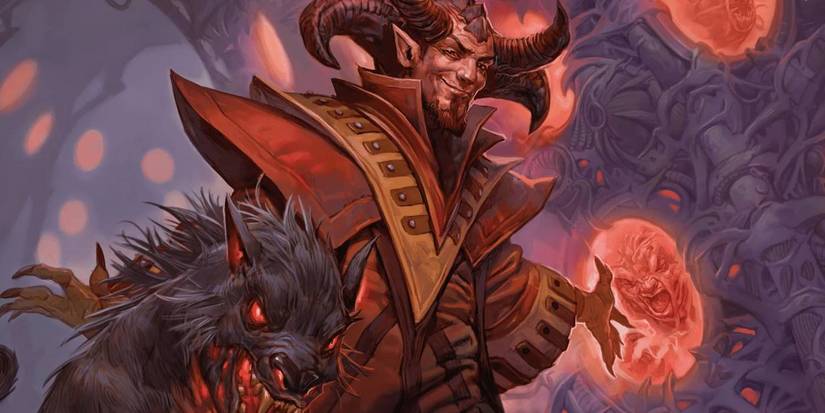
The game features several powerful dealmakers, like devious devils, charming genies, and clever Archfey. They constantly try to tempt people into bargains, trading something valuable for something they want. Offering a deal from one of these characters is a fantastic way to start a story, immediately forcing players to make a significant choice.
A compelling offer—whether it’s riches, influence, or something a player truly wants—is most effective when it requires a trade. This gives the Dungeon Master a chance to be inventive, perhaps by presenting a mini-game for a better price, a challenging puzzle, or other elements that encourage the party to collaborate, discuss options, and strive for the best possible outcome.
Discovery Of Something Important
Everyone Wants The Same Thing
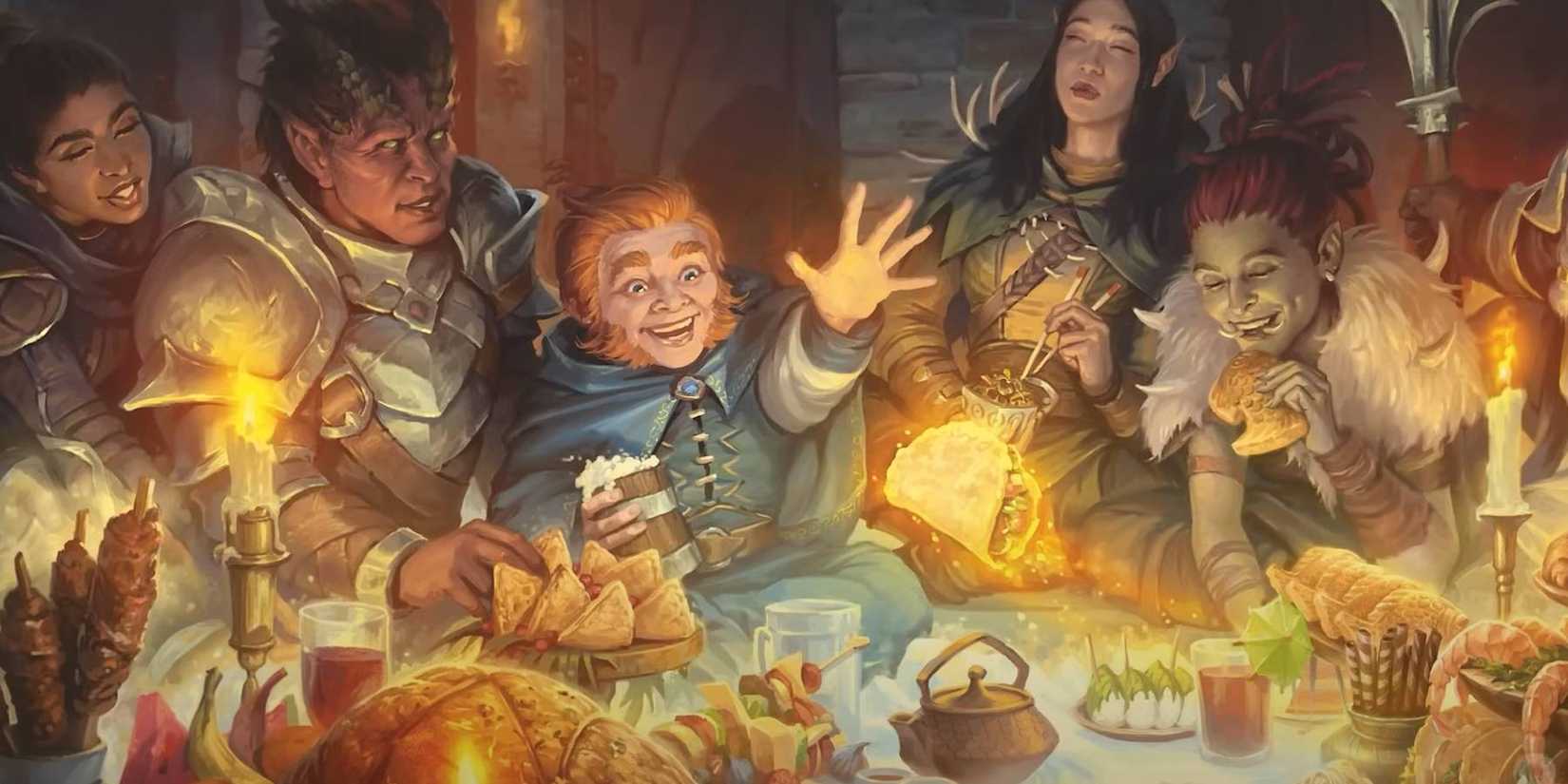
In many Dungeons & Dragons stories, a “McGuffin” is a powerful object that’s central to defeating a villain. Often, entire adventures focus on finding this item. But what if a character, or the whole party, stumbled upon it by chance? That accidental discovery could be a fantastic way to kick off a new adventure and create all sorts of trouble.
If enemies attack the party because of something they’ve discovered, it could spark the players’ curiosity and drive them to uncover the truth. This investigation could lead to a complex and engaging plot filled with unexpected twists, keeping them hooked throughout the entire campaign.
Trouble In Paradise
Peace Is Often Overrated
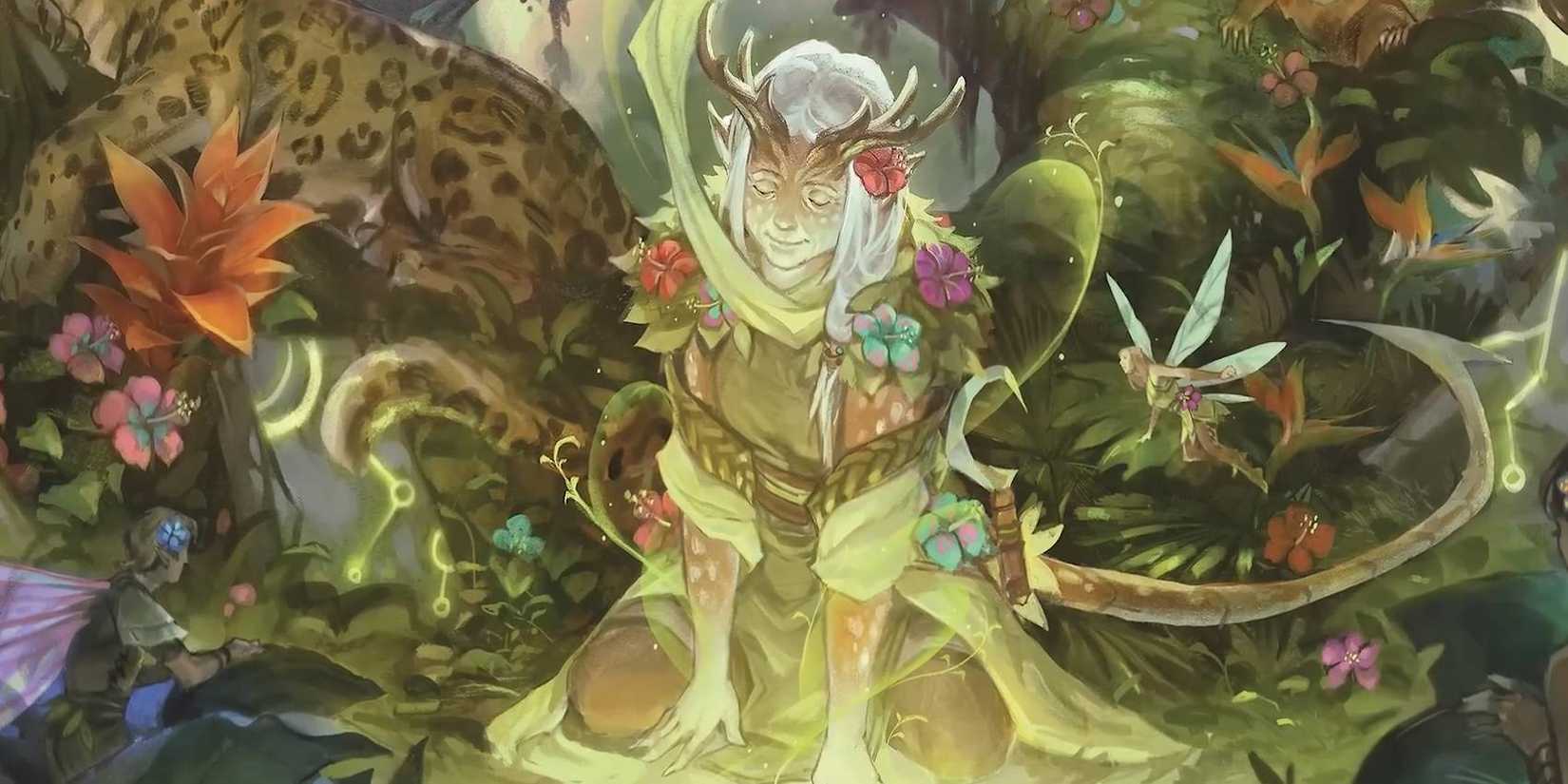
Players used to conflict often expect trouble, so genuinely good settings can be surprisingly disruptive. Introducing a peaceful community or idyllic place can actually make them look for problems, even without realizing it. If you present the right initial mystery, revealing the hidden flaws in this harmony can be incredibly rewarding for your players.
Even without using traditional combat rules in Dungeons & Dragons, players can often find hidden problems within seemingly peaceful settings. For instance, a village might appear to be protecting everyone from dangerous hags, but they could be secretly offering children as sacrifices to monsters. This is different from a typical mystery, where things immediately feel wrong. Instead, players discover this disturbing secret gradually, driven by their own suspicions.
Their Favorite NPC Has Gone Missing
Find Out What Happened To A Beloved Character
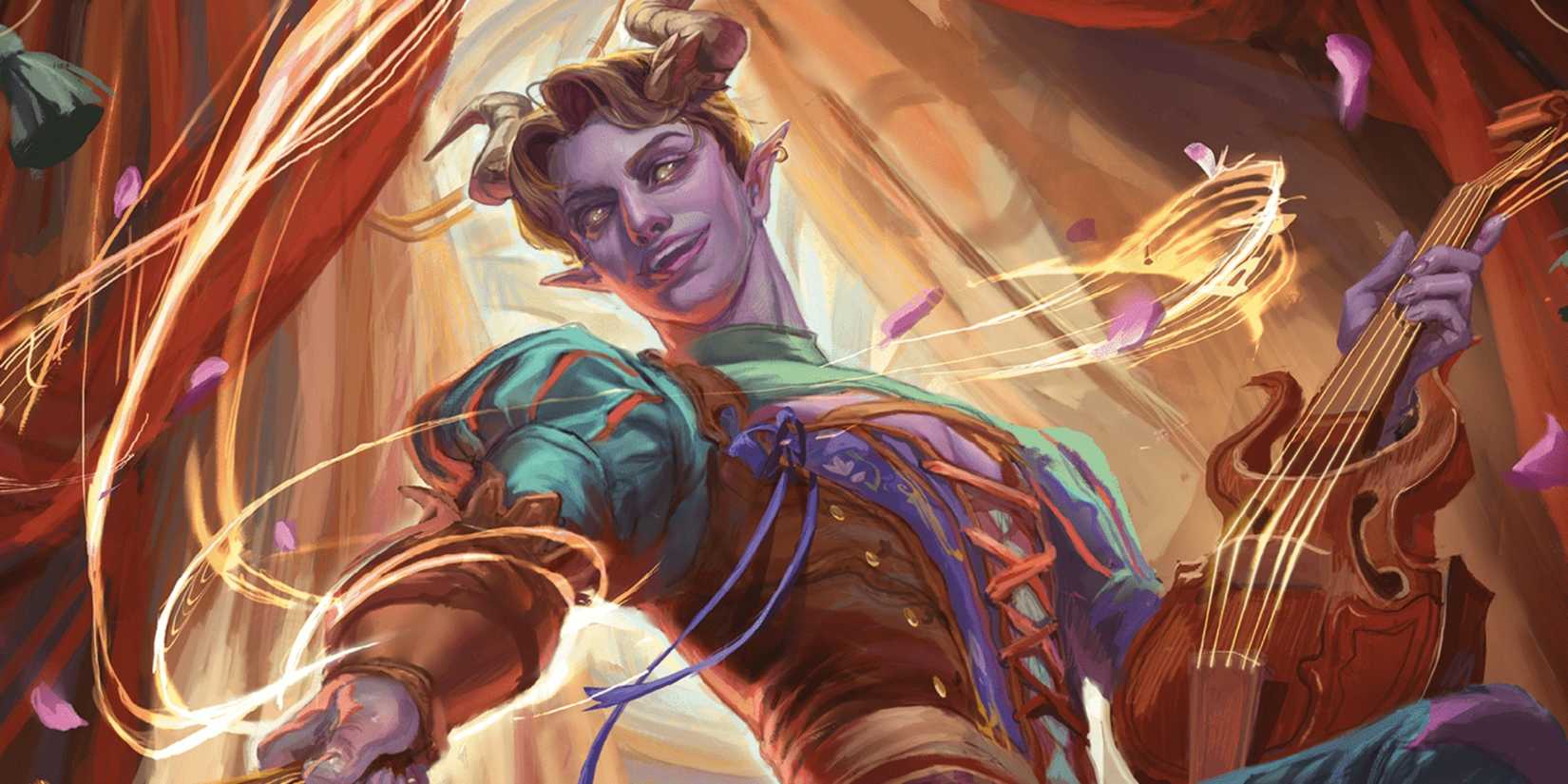
It’s common for players in Dungeons & Dragons to become fond of non-player characters, whether it’s a cute Kobold they showed mercy to or a helpful innkeeper who started them on their adventure. When a cherished NPC goes missing, it often motivates the characters to investigate – searching for clues about their whereabouts and who might be responsible.
Although this disappearance could have sad consequences, it’s a strong way to introduce a villain or opposing force to the group. It’s likely the characters will be upset about what caused the NPC to vanish, creating compelling conflict and adding a personal stake to the story.
Doom Slowly Approaching
An Apocalypse Builds Urgency For Action
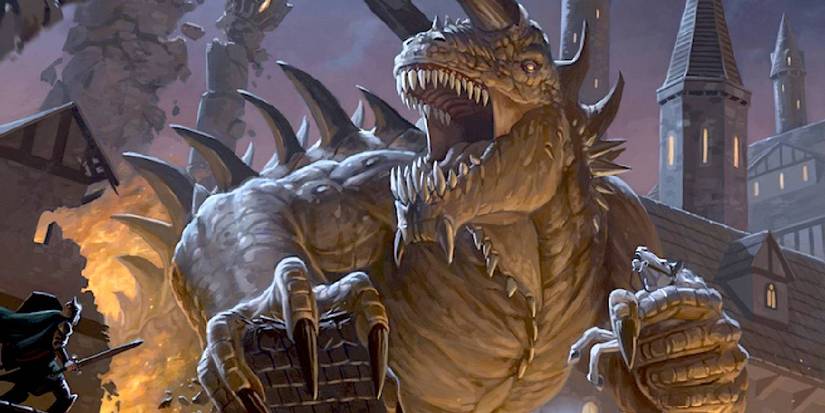
Really difficult challenges in Dungeons & Dragons can be incredibly inspiring, particularly when the world itself is on the line. A great way to start a story is with a huge, world-altering event that impacts everyone, not just the players. This could be anything from a widespread, cursed disease to a massive monster destroying countries.
This story idea isn’t very engaging if the players have no chance of succeeding. But if the threat to the land is gradual and persistent, it gives the party a reason to investigate and search for solutions, leading to a compelling adventure. While a quest to prevent an apocalypse isn’t a new idea in D&D, it remains effective because it’s inherently dramatic and provides a clear goal.
The Death Of A Mutual Friend
Bring Together Players Through Tragedy

In Dungeons & Dragons, character backgrounds can be as detailed or straightforward as you like. But remember, these characters are people with lives, and likely have relationships with others. A great way to kick off a campaign is to have the players meet through a shared loss – the death of someone they all knew. This immediately creates a bond between them and a natural reason to team up and go on adventures together.
A character’s death can drive the plot forward, prompting players to investigate the circumstances surrounding it. This can even occur during an adventure, creating a similar emotional impact to a missing character and encouraging players to become more invested in the story.
Great Betrayal Spurs Revenge
Incite Party Members To Seek Payback

Lots of adventures follow a similar pattern: characters get a task, finish it, and receive a reward. However, it’s when things don’t go as planned that adventures become truly unforgettable. A surprise betrayal mid-story can completely change everything, making the experience much more impactful.
When a character the players respect or trust turns against them, it creates a compelling villain and gives the players a strong, personal reason to seek revenge. The deeper the betrayal – like a character from their past betraying them – the more driven the players will be to get even, providing plenty of motivation for continued gameplay.
Betrayal can be a really powerful storytelling tool in games like Dungeons & Dragons, but it needs to feel genuine. The most engaging plot hooks often happen when a character’s reasons for doing something connect with a personal grievance – that’s when players really get invested.
Read More
- Best Controller Settings for ARC Raiders
- Ashes of Creation Rogue Guide for Beginners
- DCU Nightwing Contender Addresses Casting Rumors & Reveals His Other Dream DC Role [Exclusive]
- Is XRP ETF the New Stock Market Rockstar? Find Out Why Everyone’s Obsessed!
- 7 Home Alone Moments That Still Make No Sense (And #2 Is a Plot Hole)
- Stephen Colbert Jokes This Could Be Next Job After Late Show Canceled
- 10 X-Men Batman Could Beat (Ranked By How Hard It’d Be)
- Donkey Kong Country Returns HD version 1.1.0 update now available, adds Dixie Kong and Switch 2 enhancements
- Emmerdale star Joshua Richards on Bear’s shocking descent into modern slavery – and past role exploring “horrifying” subject matter
- Arc Games is Now an Independent Game Publisher
2025-10-27 04:06